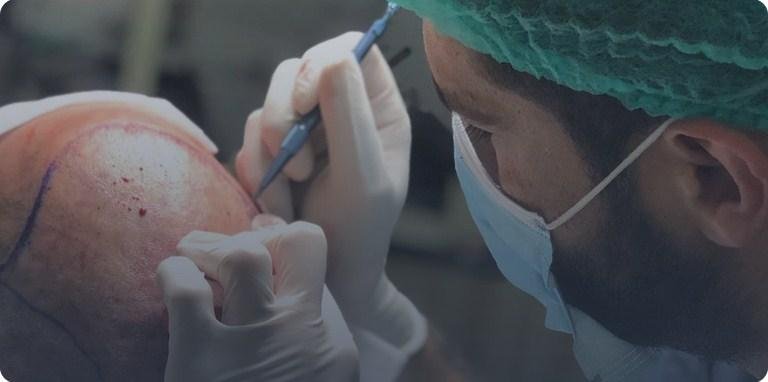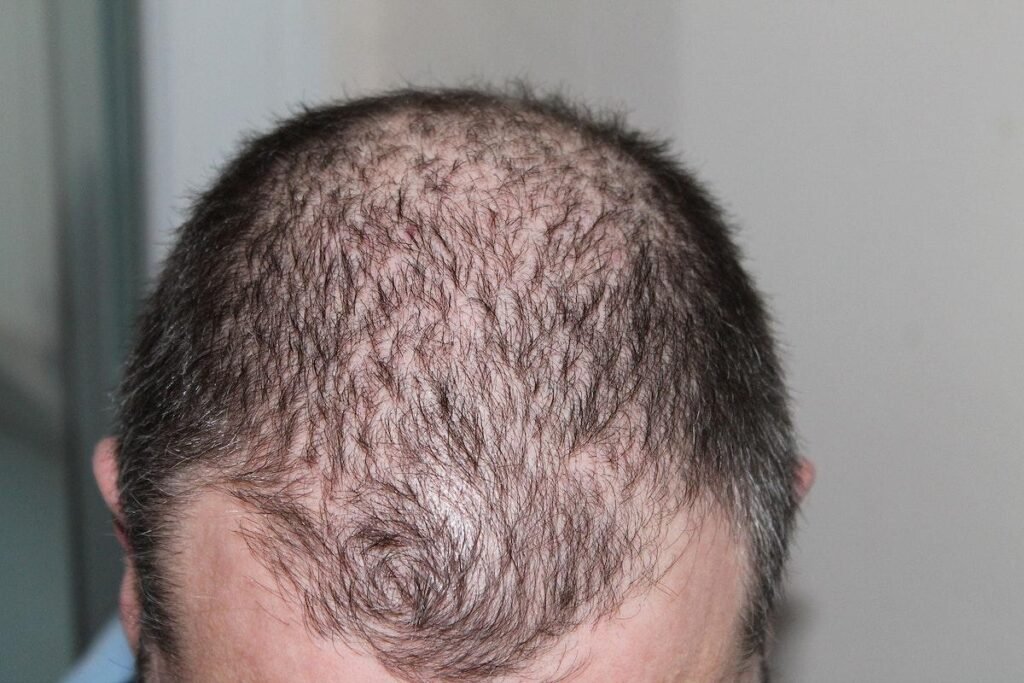Hair loss can often lead to a decrease in self-esteem and confidence, affecting various aspects of one’s life. However, thanks to advancements in medical technology, hair transplantation has emerged as a reliable solution. Beyond its aesthetic advantages, hair transplantation holds a host of psychological benefits that contribute to an individual’s overall well-being. In this article, we will explore the fascinating world of hair transplantation, delving into the psychological advantages it offers and how it helps individuals regain their confidence and sense of self.
Benefits of Hair Transplantation for Psychological Well-being
One of the most noticeable effects of hair loss is the impact it has on a person’s self-esteem and overall confidence. Hair transplant surgery has emerged as a solution that not only addresses the physical aspect of hair restoration but also provides numerous psychological benefits.
First and foremost, hair transplantation can significantly improve an individual’s self-image, resulting in increased self-confidence. By restoring a natural-looking hairline and filling in thinning areas, patients often feel more attractive and youthful. This newfound confidence extends beyond their physical appearance and can positively impact various aspects of their lives, including personal relationships, social interactions, and professional opportunities.
Enhanced Social Connection
Regaining a full head of hair through transplantation can lead to an enhanced social life. Many individuals who suffered from hair loss reported avoiding social situations or feeling self-conscious about their appearance. With restored hair, they feel more comfortable engaging in social activities, meeting new people, and maintaining existing relationships.
Improved Mental Well-being
- Reduced anxiety and depression: Hair transplantation can alleviate the mental distress caused by hair loss, which often leads to feelings of anxiety and even depression.
- Increased happiness: Restoring one’s hairline can boost overall happiness and satisfaction with oneself.
- Emotional stability: The psychological benefits of hair transplantation can contribute to improved emotional stability, helping individuals cope better with daily challenges.
In conclusion, hair transplantation offers far-reaching benefits beyond physical restoration. By bolstering self-confidence, enhancing social connections, and improving mental well-being, individuals undergoing hair transplant surgery can experience a transformative change that positively impacts their overall quality of life.
In conclusion, it is evident that hair transplantation can have profound psychological benefits for individuals struggling with hair loss. Not only does it restore their physical appearance, but it also restores their self-confidence and overall well-being. Through this article, we have explored the various ways in which hair transplantation positively impacts mental health, including boosting self-esteem, improving body image, and reducing social anxiety.
By understanding the psychological benefits that accompany hair restoration, we can acknowledge the significance of this procedure beyond its cosmetic aspects. Hair transplantation can be a life-changing experience, offering individuals the opportunity to regain control over their appearance and enhance their self-perception.
It is crucial, however, for those considering this procedure to approach it with realistic expectations and consult with a qualified professional. Understanding potential risks, limitations, and necessary aftercare will ensure that individuals can make informed decisions and achieve the best possible outcome.
Ultimately, the psychological benefits of hair transplantation extend far beyond physical transformations. It has the power to reverse the negative impact of hair loss on mental well-being, instilling a renewed sense of confidence and self-acceptance. Through ongoing advancements in the field of hair restoration and growing societal awareness, hair transplantation continues to provide a remarkable solution for those seeking to regain their self-assurance and improve their overall quality of life.
